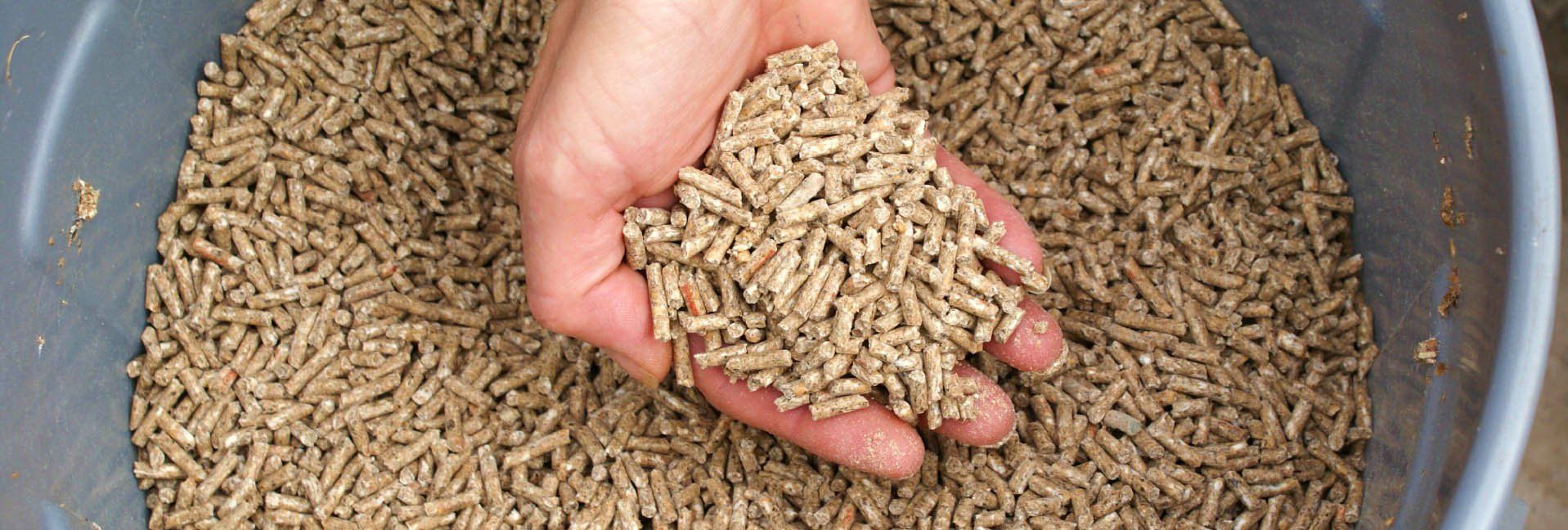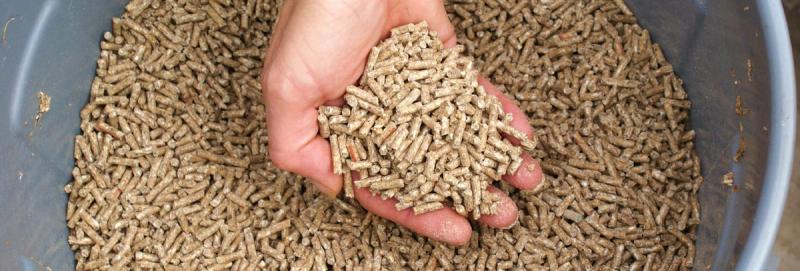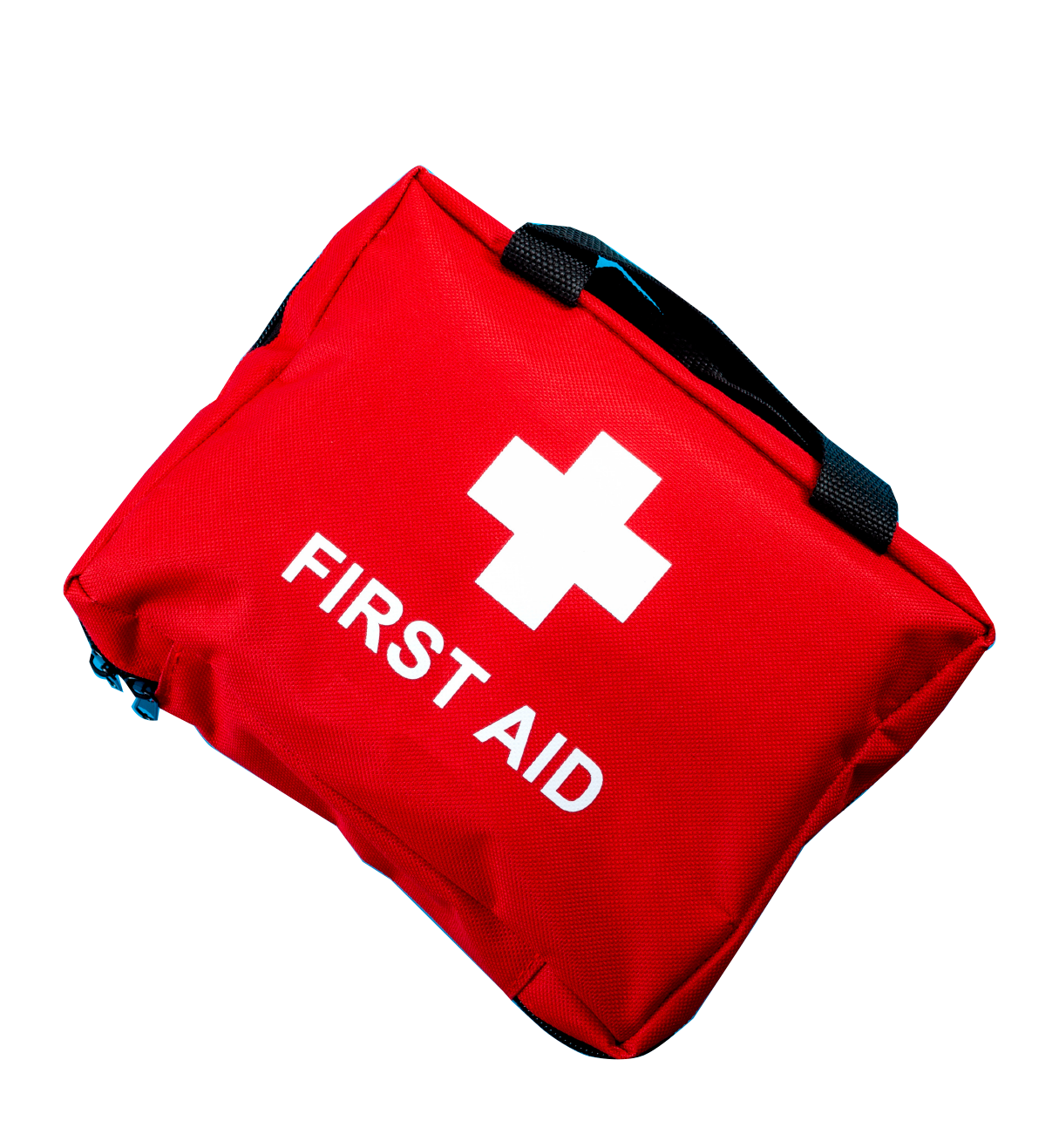Is Your Complete Feed Less-Than?


Proper and effective use of supplements
A very common question I receive is “What supplements should I be giving my chickens?” My answer more often than not is “nothing.” By definition, courtesy of Merriam-Webster, a supplement is “something that is given and completes or makes an addition.” So, when chickens are given a supplement it’s the same as saying “my feed is inadequate”.
Well, if you are buying a complete mixed feed that is formulated for your flock (i.e. layer feed for layers, grower for young chickens/broilers, etc.) most likely you don’t need to supplement with anything. While supplements offer many health benefits, they should be used sparingly and only at the appropriate times.
In fact, many common practices with supplements can be detrimental to your chicken’s health, such as feeding vitamin and electrolyte supplements for too long, offering too much calcium for growing chickens, providing high energy scratch grains while already feeding a complete feed, and so on.
Let’s look at some common supplements, such as oyster shells, grit, scratch grains, electrolytes and when you should be using them.

Oyster shells: calcium
Oyster shells are a very popular dietary supplement that have been used for many years to provide calcium for egg laying flocks. Hens that are laying require much higher amount of calcium than growing chickens or hens not laying, for this reason laying hen diets will contain between 2.5 and 3.5% calcium, compared to 1 to 1.5% for growing chickens.
While the diet or feed will deliver a sufficient quantity of calcium for most laying hens, some high producing hens may require more calcium. If you start to notice thin-shelled eggs, or eggs crack easily, it maybe time to supplement with oyster shells. Oyster shells should be of high quality, that are cleaned and crushed or ground, almost any feed store will have them for sale.
Oyster shells should be fed separately from normal feed, and hens should be allowed free choice to consume them. Oyster shells or any excess calcium should only be given to hens that are laying, giving too much calcium to growing chickens can cause liver damage and other health issues.
Grit: digestion
Grit is small stones that are fed or consumed by chickens to help with the grinding of large grains. As chickens have no teeth to break down whole grains, they consume small pebbles and rocks to help with breakdown and digestion.
Chickens that can roam normally find enough grit and don’t need supplemental grit. However, if chickens do not have much access to the ground and are fed a diet with lots of whole grains, providing them with a commercially-produced grit would be beneficial to aid in the breakdown of those grains.
Some people may feed oyster shells thinking that these would be suitable as grit and calcium. However, oyster shells are too soft to serve as grit, and feeding them to birds that aren’t laying can cause liver damage.
Scratch: energy
Another common feed supplement is one that most people will not necessarily view as a supplement. What I’m referring to is scratch or grains. A formulated, mixed, complete feed or diet will have all the energy and nutrients that a chicken requires, and scratch grains are just a supplement to that diet. These grains primarily provide more energy, and very little in the way of much else—think of them as French fries or candy.
Feeding excess amounts of grain and a complete feed can actually lead to obese chickens. While this may sound like a good thing, hens that have excess fat have significantly decreased egg laying ability, and chickens raised for meat will just put on extra fat, not more meat.
If you want to feed scratch grains, it is recommended to feed them in the late afternoon or evening and only allow access for 20 minutes. If you mix the scratch in with a complete feed, your chickens may not get all the nutrients they require. Think of the scratch grains as diluting out the nutrients in the feed, like eating desert first and not wanting the nutritious main course.
Feeding scratch grains at certain times of the year can be very beneficial, such as in cold weather. Chickens require more energy during cold weather, and supplementing their diet with scratch grains can provide them with this extra energy to keep them warm. Again, feed grains in the late afternoon or evening and only allow access for 20 minutes.
Vitamins and electrolytes: cellular health
Vitamins and electrolytes are another commonly used and overused supplement. Electrolytes, which are salts—essentially a sports drink—can help chickens during times of heat stress or dehydration. Electrolytes help in regulation of muscle and nerve function by aiding in the conduction of electrical signals from nerves to muscles. They are also necessary for acid-base balance of blood.
Electrolytes replenish the salts and minerals lost during heat stress and stimulate water consumption. Electrolytes should only be used during times of heat stress or dehydration and for no longer than 10 days.
Vitamins are often supplemented and can be beneficial in times of stress or disease, but over use and improper use can have disastrous effects. Again, as in all instances a properly formulated complete feed, that is appropriate for your particular flock needs (i.e. chicks vs laying hens) will provide all the vitamins that your chickens require.
While vitamins are beneficial and necessary for growth, some vitamins can interact with each other and some vitamins can cause serious health consequences if given in large amounts. For this matter it would be best to only supplement with vitamins if you have a known issue and only then should be given for no more than 10 days.
Pro- and prebiotics: gut health
Other supplements that are gaining some significant following are probiotics and prebiotics. Probiotics are either yeasts or bacteria that can grow and reproduce in the intestines to improve health, and feed digestibility. Prebiotics are supplements that help the probiotics grow and survive.
Probiotics have been used for many years in food production. For example yogurt must contain two probiotic cultures: Streptococcus thermophilis and Lactobacillus delbrueckii subsp. Bulgaricus. While research has shown that some work, many others may not. There are many probiotics and prebiotics on the market and great care and research should be done before using any of them.
Fortunately, probiotics can be given to chickens without any adverse effects, and many feeds that you can buy now already include them. If you want to know if your feed already contains probiotics, just find the ingredient label and look for the names of the bacteria or yeast used.
Ask first before feeding
While some supplements have years of data and research behind them (i.e. oyster shells, grit, scratch grains etc.) many others do not (apple cider vinegar, garlic) and many of the benefits from these can be hard to ascertain.
Before using any supplement you must first decide if it’s absolutely necessary, research the supplement you want to use and weigh the pros and cons. Then you will be able to make an informed decision that will benefit your flock’s health and performance.
Tags:Healthy Flock

Chicken Whisperer is part of the Catalyst Communications Network publication family.










